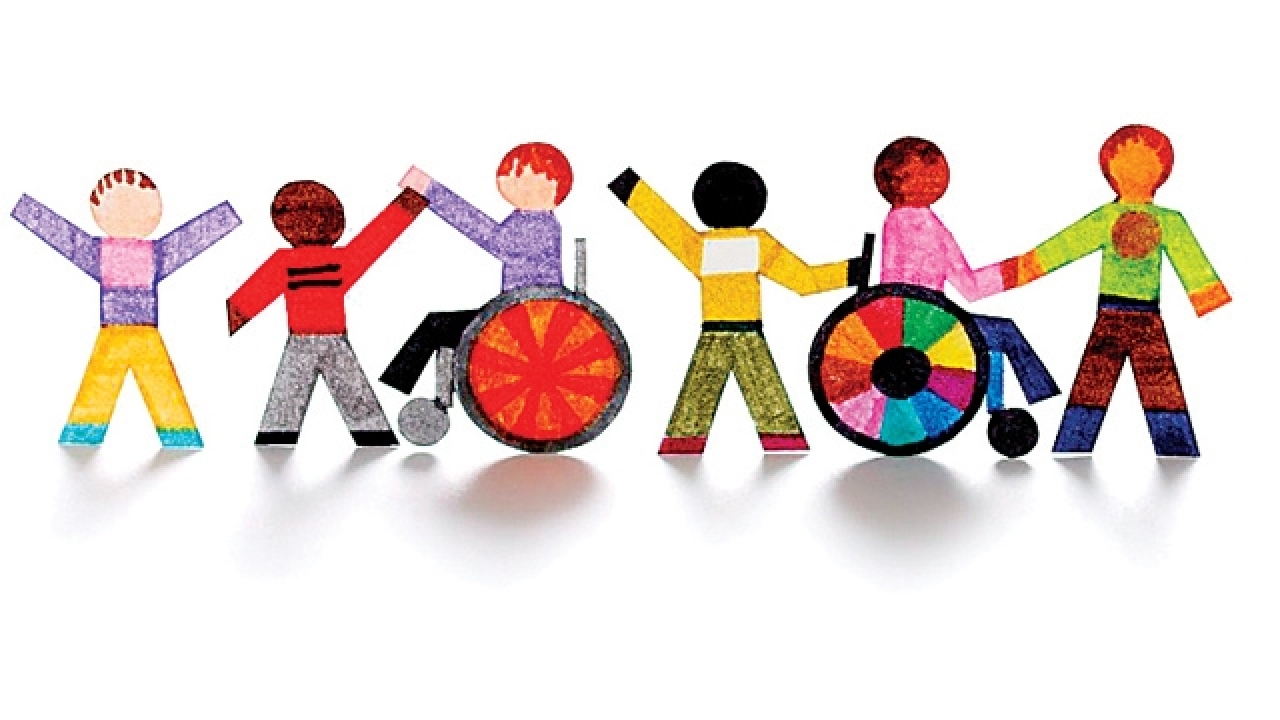Inclusive education in Sri Lanka is still developing, aligning with the global educational trends that aim to incorporate children with special educational needs (SEN) into regular educational settings (Furuta and Alwis, 2017). However, the execution of inclusive practices in the country is met with various obstacles, such as differences in interpretations of the idea of inclusivity of children with disabilities and insufficient resources. Recent studies have examined the nature of inclusive education in Sri Lanka and the potential of pre-service and in-service training in addressing the current challenges.
Understanding Inclusive Education in Sri Lanka
A study by Muttiah, Drager, and O’Connor (2016) elaborates on the ideas of mainstream teachers in Sri Lanka on inclusive education. The study’s results showed discrepancies in the comprehension of concepts of inclusive education, misunderstanding of terminology related to inclusivity as a disability, and concerns about limited training facilities. Moreover, teachers feared being incompetent to teach in inclusive settings due to inadequate professional preparation. (Muttiah, Drager, & O’Connor, 2016). They further identified that three of the provinces of Sri Lanka are going through dangerous grounds in terms of inclusive education (as the study was conducted only on those three provinces), and the following literature, as cited by them, shows the gravity of the situation to be addressed in the country.
“Currently, there are four educational options for children with disabilities in Sri Lanka: specialized schools, special education units within regular education schools, inclusive regular education schools, and special resource centers attached to regular education schools (Hettiarachchi, & Das, 2014). There are specialized schools run by the government of Sri Lanka. There are ten specialized schools in the Western province, one specialized school in the Northern province and four specialized schools in the Southern province (Government of Sri Lanka, 2013). In addition, the number of special education units within regular schools across these provinces are as follows: 130 special units in the Western province, 116 special units in the Northern province, and 105 special units in the Southern province (Government of Sri Lanka, 2013). However, the Ministry of Social Welfare reports that despite the free educational policy and established special units, there are still students with disabilities who continue to not have access to services (as cited in Furuta, 2009). Barriers to accessing special education include a limited number of rural schools having special education units (Furuta, 2006), administrators denying children with disabilities admission to schools, an insufficient number of qualified teachers, and parents lacking awareness regarding educational facilities (Furuta, 2006; Furuta, 2009; UNICEF ROSA, 2007). There is a general lack of awareness in society that people with disabilities can benefit from schooling and become contributing members of society (Furuta, 2009).”
(Muttiah, Drager, & O’Connor, 2016).
Meanwhile, Abeywickrama, Jayasinghe, and Sumanasena (2013) focused on the experiences of children with disabilities in Sri Lankan schools, highlighting the barriers to learning and participation. These included societal attitudes of Sri Lankans on disability as insufficient ability, limited resources, and the physical environment, which is not very accessible. Their findings highlight the importance of inclusive education and societal attitudes towards diversity.
Role of Pre-service and In-service Training
According to Furuta and Alwis (2017), the views of regular class teachers on teaching students with SEN in Sri Lankan government schools have shown the need for more training and seminars on inclusive education strategies, emphasizing the importance of accepting and supporting students with SEN.
Pre-service and in-service training play a critical role in addressing the many challenges. Such training programs should instill positive attitudes among teachers towards inclusion and students with disabilities. This involves providing a thorough understanding of the principles and benefits of inclusive education, which will prepare teachers to adopt a more inclusive mindset. Additionally, teachers require training in specific educational skills that cater to the diverse needs of students, including strategies for differentiated instruction and curriculum adaptation. Further, practical aspects such as classroom management and collaboration with specialized staff are essential to these training programs. It is important to tailor these programs to the local context and challenges such as the ones mentioned earlier and provide continuous professional development opportunities to sustain inclusive practices in the classroom (Hettiaarachi et al., 2018).
Additionally, ongoing professional development opportunities are essential for sustaining inclusive practices (Muttiah, Drager, & O’Connor, 2016).
A growing awareness characterizes the nature of inclusive education in Sri Lanka, but it needs to be improved by practical challenges. There seems to be a pressing need for structured pre-service and in-service training programs that focus on attitudinal change, pedagogical skill development, and practical classroom management strategies to create an inclusive educational environment. Through such comprehensive training, educators in Sri Lanka can be better equipped to meet the diverse needs of all students, paving the way for a more inclusive and equitable educational landscape.
References
Abeywickrama, S. P., Jayasinghe, I. K., & Sumanasena, S. P. (2013). Excluded in Inclusive Schools: Experiences of Children with Disabilities, their Families and Teachers in Sri Lanka. Vol. 24, No.1. DOI: 10.5463/DCID.v24i1.172
Furuta, H., & Alwis, K. A. C. (2017). Teaching students with special educational needs in an inclusive educational setting in Sri Lanka: Regular class teacher’s view. CICE Hiroshima University, Journal of International Cooperation in Education, 19(2), 1–18.
Hettiaarachi, S., Ranaweera, M., Walisundara, D., Daston-Attanayake, L., & Das, A. K. (2018). Including all? Perceptions of Mainstream Teachers on Inclusive Education in the Western Province of Sri Lanka. International Journal of Special Education, 33(2), 427–447.
Muttiah, N., Drager, K. D., & O’Connor, L. (2016). Special education in Sri Lanka: A snapshot of three provinces. Disability Studies Quarterly, 36(2). https://doi.org/10.18061/dsq.v36i2.4388

Leave a Reply